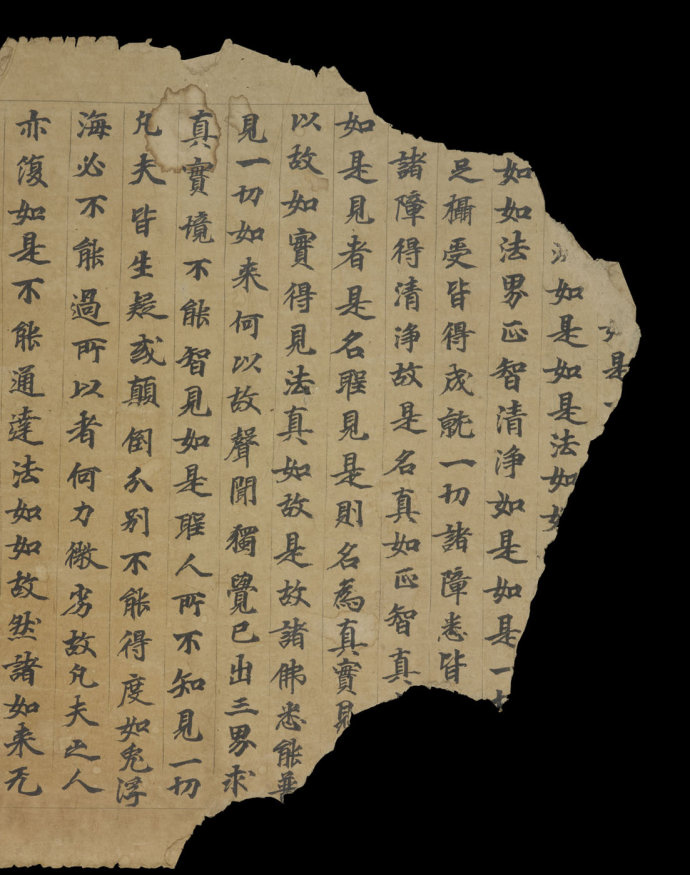Calligraphy and writing

用笔在心,心正则笔正
Brush usage depends on one’s heart. A person with an honest heart holds the brush upright.
The proverb indicates that people’s character can be judged from their handwriting.
如清风出袖,明月入怀
Only fresh wind comes from the sleeves, and only a bright moon is taken into the arms.
This saying was initially used by Li Sizhen, a calligrapher and painter in the Tang Dynasty, to describe the cursive handwriting of the great calligrapher Wang Xizhi in the Eastern Jin Dynasty, as a flowing elegant style. Later, the proverb was commonly used to describe a person’s indifference toward fame and wealth when they instead prefer to seek a secluded life.
文贵工,不贵速
Writing is valued for exquisiteness rather than speed.
The proverb indicates that people should work at writing with great care and precision instead of speed.
作文之法,与用兵不同,与其拙速,不如工久也
The rules of writing are different from those of deploying troops. Better for the writing to be strenuous but lasting than rapid yet inferior.
The proverb contrasts the rules of writing with the rules of warfare, saying that while warfare can be fast, writing must be slow and deliberate.
作文之心如人目
In writing an essay the mind should remain as clear as the human eye.
The proverb highlights that writers should experience life with their heart, and then they can produce fine works.
